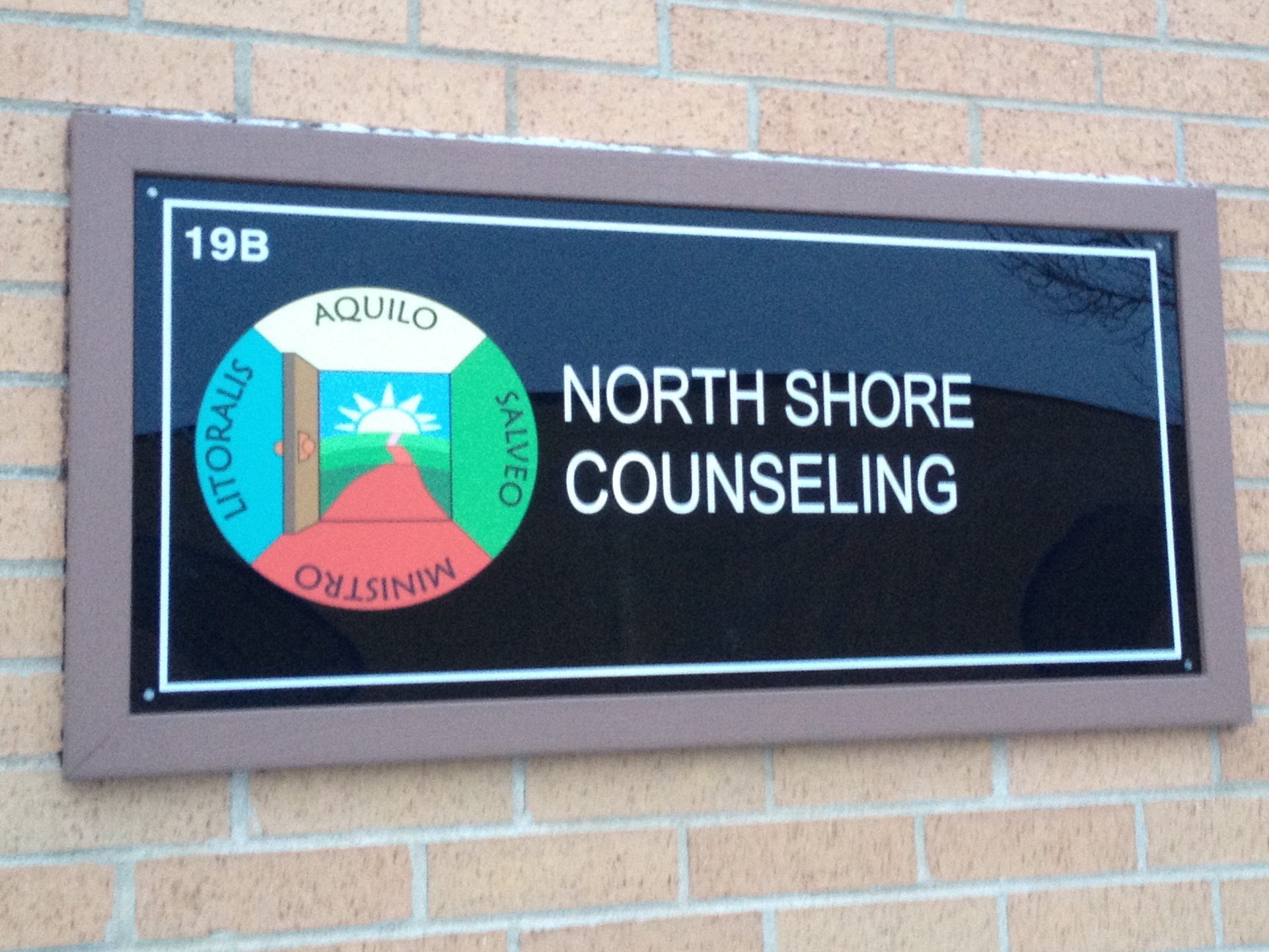I was out recently with some friends, one of whom I’ve known for about 2 years. The conversation turned to the recent bug that’s been going around, flu-like symptoms, how to cope, etc. He said to me, “Well, you’re a psychiatrist, right? Can’t you just prescribe yourself something?”
When my own friends think I have script privileges, it’s time to start writing! The topic: Who’s Who in Mental Health Delivery.
Let’s take it from the top: The ONLY people who can write prescriptions for controlled medications are medical doctors. Physician’s Assistants and Nurse Practitioners can also sign prescriptions, as long as they do so under the clinical supervision of an M.D. That’s it. Your garden variety therapists cannot write prescriptions. This is why most of us garden variety therapists know some good psychiatrists who will provide med management to our clients. In fact, the best psychiatrists I know won’t prescribe meds unless the patient is actively engaged in mental health therapy.
Okay, so meds are off the table. Who’s left? There are two credentials you need to understand before seeking out a therapist: Degrees and Licensure.
Degrees are granted by colleges and universities. Let’s stop there for a moment. Colleges and Universities — Degree-granting institutions — can be accredited or non-accredited. Then again, you can have an accredited university that houses some non-accredited programs. So you really have to watch out for this. It’s OK to ask your potential therapist where they got their degree, and if it was an accredited program.
Okay, so let’s say you have an accredited program at an accredited university. Let’s talk about degrees. Doctorates are the highest available, and come in the form of Ph.D. (doctor of philosophy), Psy.D. (doctor of psychology), and Ed.D. (doctor of education). The next tier down includes Master’s degrees. Your choices here include a Master of Arts or Science for counselors (noted as MA or MS), Master of Social Work (MSW), or Master of Marriage & Family Therapy (MMFT). Degrees do not entitle you to legally practice. To legally practice, you need a license.
A license is granted by the state, and tells the world, “Hey, I’ve cleared the lowest bar!” Seriously, all the state can say is this person has met the minimal standards we’ve set for this profession. Graduate degrees are required (in all but two states) before a state will issue a license to practice, so it’s no slouchy credential, and you really want to check to make sure their license is in good standing before you sign on. Most states require a license for psychologists, counselors, social workers, and marriage and family therapists. In addition to the graduate degree, the prereqs for a state license usually include successful completion of a national exam and specific course work. Some states further divide licensure by Clinical status. Counselors and Social Workers often have a two tiered system — entry level practitioners are non-clinical and then after about 3 years and 3000 hours of experience, they can apply for clinical status. Psychologists are usually granted clinical status right away.
So, there you have it. When you are seeking a therapist or just getting to know your friends, be aware that non-MD’s can’t write scripts, and therapists have a variety of credentials. You might be surprised to know that the best therapist is not necessarily the person with the slickest credentials! The best therapist is the one who creates a comfortable place and space for you, connects with you personally, and holds appropriate and professional credentials to do what they say they are going to do. So no, my friend, I can’t give you drugs! But I can help you find the right therapist (and it won’t be me, because your friend can’t be your therapist! Maybe that will be my next blog…).


Leave a Reply